Just In
- 14 hrs ago

- 15 hrs ago

- 18 hrs ago

- 18 hrs ago

Don't Miss
- Movies
 Pavi Caretaker Box Office Collection Day 1 Prediction: Dileep's Movie Expected To Open Strongly
Pavi Caretaker Box Office Collection Day 1 Prediction: Dileep's Movie Expected To Open Strongly - Sports
 Who Won Yesterday's IPL Match 41? SRH vs RCB, IPL 2024 on April 25: Royal Challengers Bangalore End Losing Streak
Who Won Yesterday's IPL Match 41? SRH vs RCB, IPL 2024 on April 25: Royal Challengers Bangalore End Losing Streak - Finance
 Bajaj Group Stock Declares Rs. 60/Share Dividend: Buy Ahead of Record Date On 28 June?
Bajaj Group Stock Declares Rs. 60/Share Dividend: Buy Ahead of Record Date On 28 June? - News
 MEA Dismisses US Human Rights Report On Manipur As 'Biased And Misinformed'
MEA Dismisses US Human Rights Report On Manipur As 'Biased And Misinformed' - Automobiles
 Royal Enfield Unveils Revolutionary Rentals & Tours Service: Check Out All Details Here
Royal Enfield Unveils Revolutionary Rentals & Tours Service: Check Out All Details Here - Technology
 Elon Musk’s X Is Launching a TV App Similar to YouTube for Watching Videos
Elon Musk’s X Is Launching a TV App Similar to YouTube for Watching Videos - Education
 AICTE introduces career portal for 3 million students, offering fully-sponsored trip to Silicon Valley
AICTE introduces career portal for 3 million students, offering fully-sponsored trip to Silicon Valley - Travel
 Escape to Kalimpong, Gangtok, and Darjeeling with IRCTC's Tour Package; Check Itinerary
Escape to Kalimpong, Gangtok, and Darjeeling with IRCTC's Tour Package; Check Itinerary
10 Legendary Indian Scientists And Their Inventions
Apart from giving the world zero '0', we Indians contributed to the field of Science and Technology in the form of many great scientists, mathematicians and biologists. Indian scientists have been contributing to the world since time immemorial.
From Sir M Visvesvaraya to former President APJ Abdul Kalam, these men have applied their expertise in various fields and excelled. Because of their discoveries and inventions there have been considerable changes in the way things are perceived and understood.
From time to time Indians keep proving their mettle in the scientific world. Today let us take a look at some of the most legendary scientists India has ever produced.

Srinivasa Ramanujan
Widely regarded as the greatest mathematician of 20th century, Srinivasa Ramanujan was an Indian mathematician known for independently discovering the Gauss, Kummer and hyper geometric series. He also made notable contributions to the number theory, continued fractions and infinite series.

Prafulla Chandra Ray
Acharya Prafulla Chandra Ray was a famous academician, chemist, teacher and entrepreneur who set up the first Indian pharmaceutical company, Bengal Chemicals & Pharmaceuticals. For an Indian chemist and entrepreneur he was quite famous, as the Royal Society of Chemistry honoured his life and work with a Chemical Landmark Plaque outside Europe, the first.

Mokshagundam Visvesvaraya
Mokshagundam Visvesvaraya who hailed from Karnataka, was an engineer who constructed the Krisharajasagar Dam across the Kaveri river in Mysore. In his honour, every year on 15th September, his birthday is celebrated as Engineer's Day in India. He was awarded the Bharat Ratna award in 1955 for his various contributions to the public and building modern India.
Image Courtesy
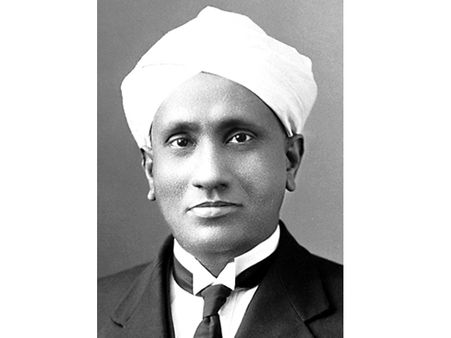
C. V. Raman
Chandrasekhara Venkata Raman is one of the most prominent scientists India has ever produced. In the field of physics, he discovered the light scattering effect which is now called Raman Effect. He proved that light changes in wavelength when passed through a transparent material. For his brilliant work on light scattering, Raman was awarded the Nobel Prize in 1930.
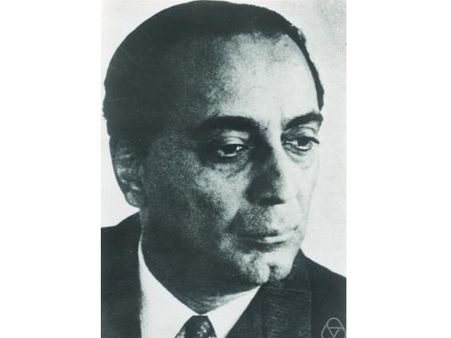
Homi Jehangir Bhabha
Homi Bhabha was a theoretical physicist and a famous Indian scientist. He laid the founding stones for the Tata Institute of Fundamental Research and Bhabha Atomic Research Centre. He was the chief architect of the Indian atomic energy. He was one of the most legendary scientists India has ever produced.
Image Courtesy
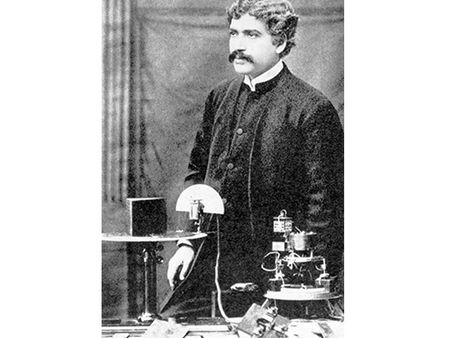
Jagadish Chandra Bose
JC Bose was a Bengali physicist, biologist, botanist and archaeologist who pioneered various studies in the field of radio and microwave optics. He also proved that animals and plants share a lot in common through an instrument which was way ahead of it's time, which he called a crescograph.
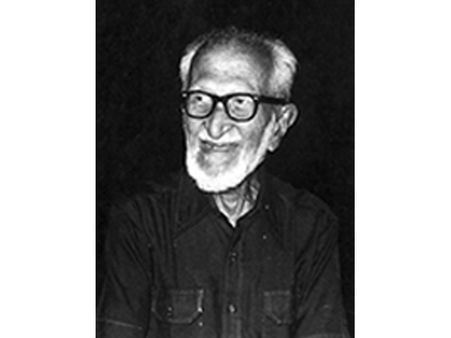
Salim Ali
Salim Ali was an Indian ornithologist and naturalist who took immense interest in studying birds closely and categorizing them. He was one of the first Indians to conduct systematic bird surveys across India and widely accepted as one of the greatest biologists of all time. Salim Ali was also known as the "Birdman of India".
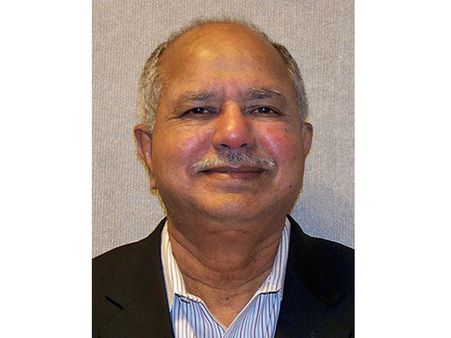
Raj Reddy
Raj Reddy is one of the pioneers in the field of large scale Artificial Intelligence [AI] systems. He won the Alan Turing Award in 1994, which happens to be the highest award in the field of Computer Science, for his work on AI.

A.P.J. Abdul Kalam
APJ Abdul Kalam is called the missile man of India, as he is widely known for his role in the development of India's ballistic missile and nuclear warhead program. He was also one of the best President's India ever had.
Image Courtesy

Subrahmanyan Chandrasekhar
Subrahmanyan Chandrasekhar was an Indian astrophysicist who won the Nobel Prize in 1983 for his work on the evolutionary stages of stars and black holes. The Chandrasekha limit is named after him.


 Click it and Unblock the Notifications
Click it and Unblock the Notifications



